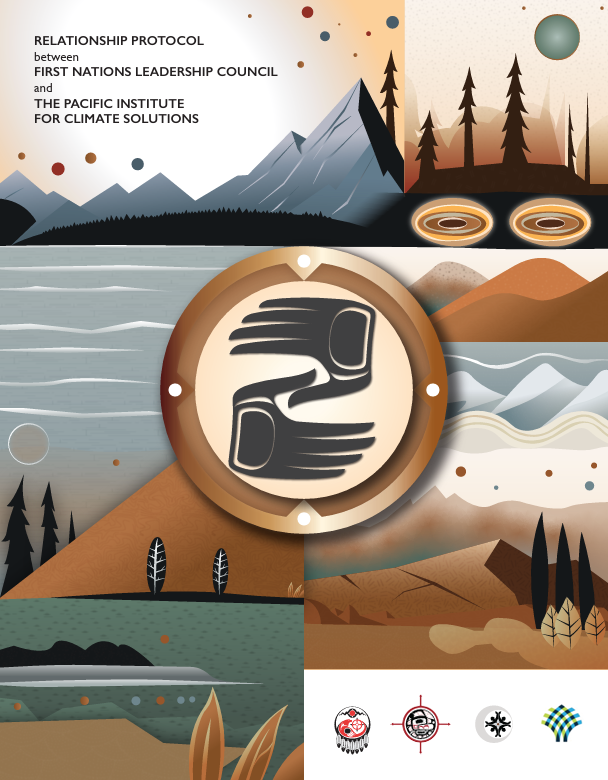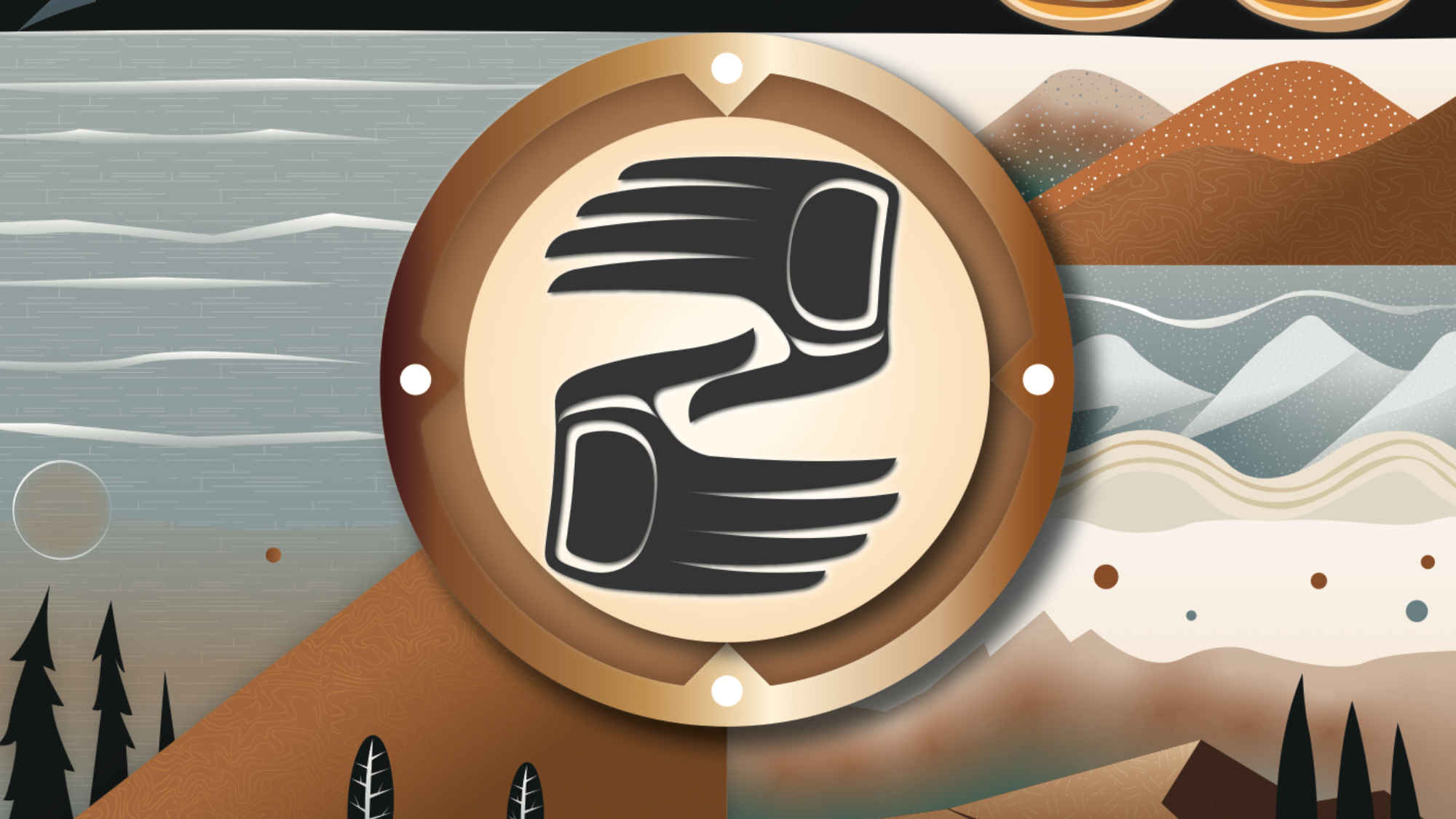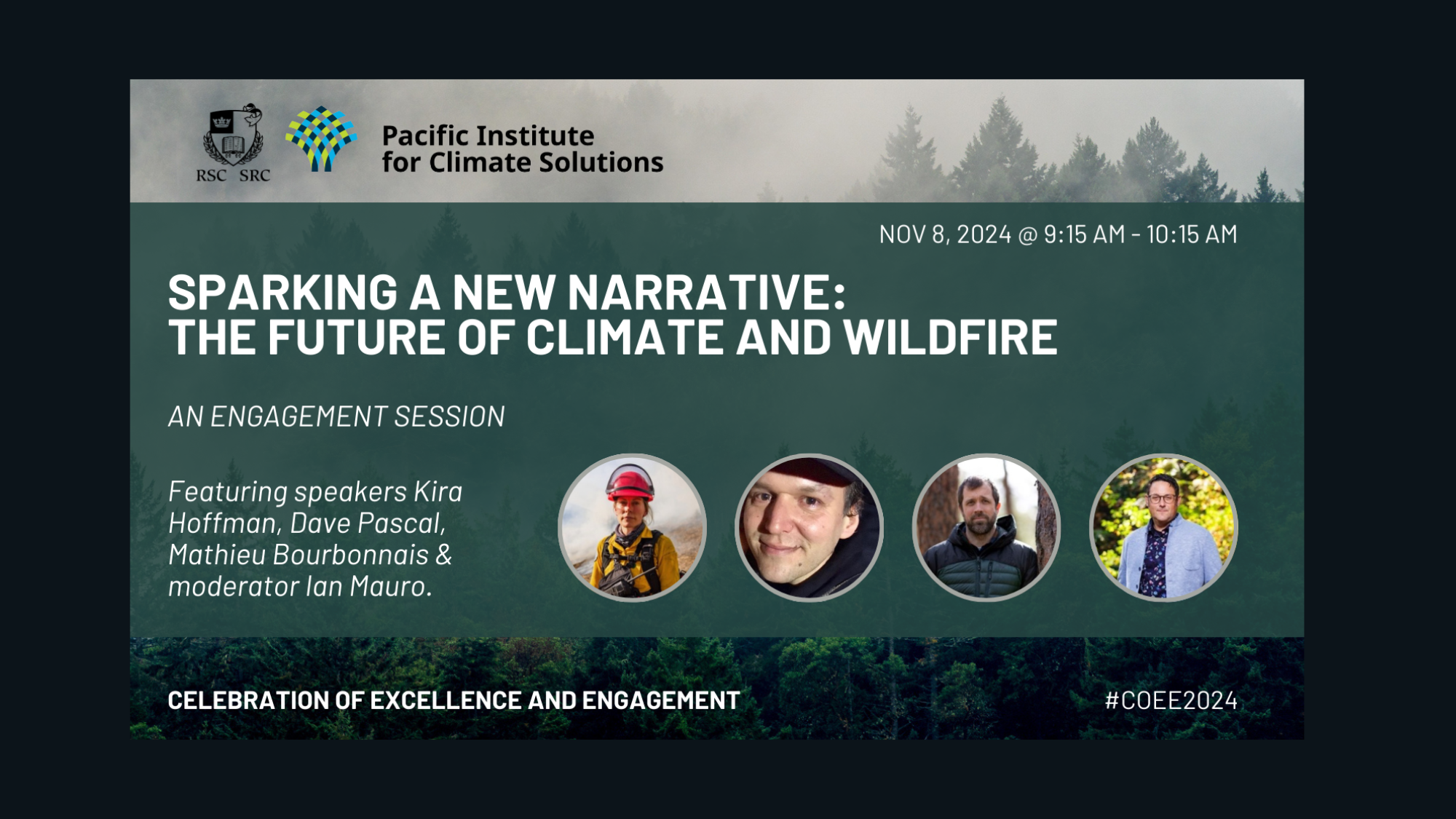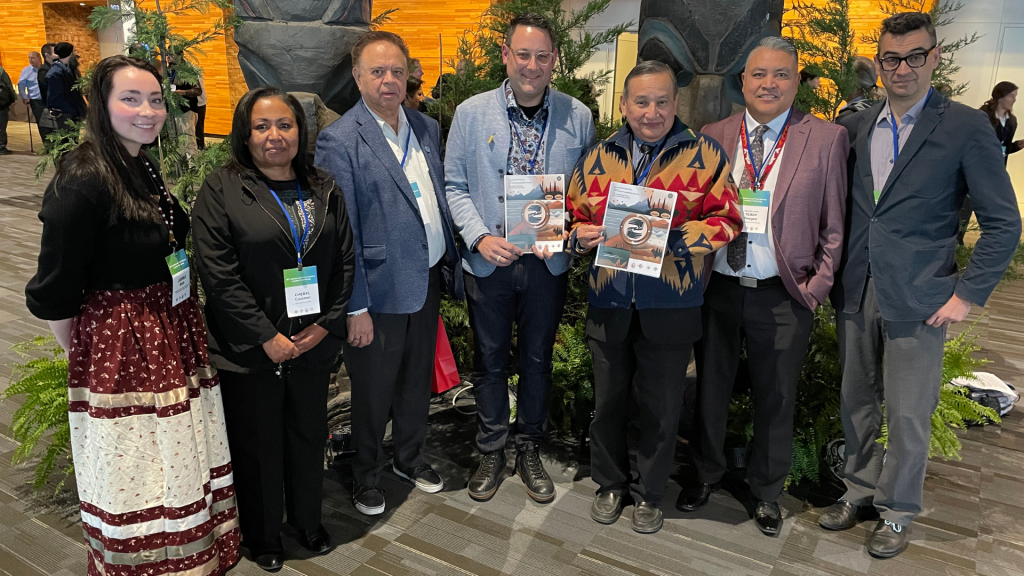
First Nations Leadership Council, Pacific Institute for Climate Solutions establish collaborative working relationship to strengthen First Nations climate leadership in B.C.

The First Nations Leadership Council (FNLC) and the Pacific Institute for Climate Solutions (PICS) have entered into a Relationship Protocol to strengthen First Nations climate leadership, advance climate priorities, and generate meaningful benefits for First Nations in British Columbia.
The Relationship Protocol between First Nations Leadership Council and the Pacific Institute for Climate Solutions establishes a collaborative, constructive, and voluntary working relationship between the FNLC and PICS. It is designed to uphold First Nations title, rights, and treaty rights while advancing climate action across British Columbia.
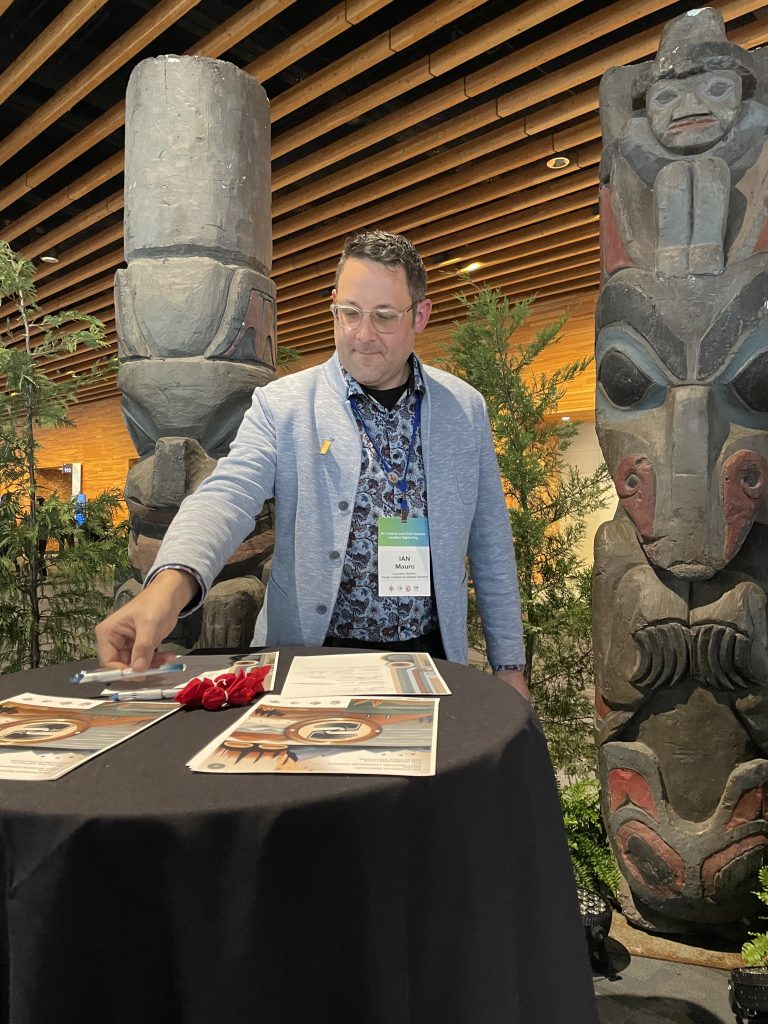
Through this protocol, FNLC and PICS will support the implementation of the B.C. First Nations Climate Strategy and Action Plan and the Action Plan for Disaster Risk Reduction by First Nations in B.C. These frameworks present a strong vision for First Nations-led climate action and emergency management, supporting current and future generations in achieving self-determination to care for the Earth and ensure health and stability in the face of the ongoing human-made climate crisis.
To support the protocol’s implementation, PICS will invest in capacity building, research, and educational opportunities that foster collaboration between universities, First Nations organizations, and Nation partners. This efforts will complement the FNLC’s ongoing implementation work.
The Relationship Protocol will be in effect for four years. It was signed by the FNLC, PICS, and the University of Victoria (UVIC) on Jan. 21, 2025, during the B.C. Cabinet & First Nations Leaders’ Gathering. The artwork for the protocol was designed by Gitxsan artist, author, and knowledge keeper Hetxw’ms Gyetxw.
The protocol aligns with the United Nations on the Rights of Indigenous Peoples (UN Declaration) and supports the United Nations Sustainable Development Goals (SDGs), specifically #10 (Reduced Inequalities), #13 (Climate Action), and #16 (Peace, Justice, and Strong Institutions). Learn more about the SDGs at UVic.
“This Relationship Protocol represents a critical step in building true partnerships that uphold First Nation rights while addressing climate change–the most pressing existential issue facing humanity. As land and ocean peoples with a profound connection to Mother Earth, First Nations in B.C. have long been on the frontlines of this crisis. Our traditional and modern knowledge systems enable us to adapt, thrive, and contribute to climate action in our Nations. By collaborating with PICS, we are strengthening First Nation-led research and initiatives that will benefit many generations to come.”
– Regional Chief Terry Teegee, BC Assembly of First Nations
“Collaborative relationships such as those generated under this protocol are essential to addressing climate change. The climate crisis poses a direct threat to our way of life. It has the potential to kill our languages, our traditional food sources, and our customs and traditions. How will B.C. First Nations survive if they are forced to evacuate their communities due to impacts of the climate emergency such as rising sea levels, wildfires, flooding and loss of economic opportunities due to damage to our natural resources and ecosystems. We must collectively work together to identify and implement innovative solutions to mitigate, and hopefully reverse , the dire climate path we are currently on. If we don’t take collective action on the climate crisis now, we will be failing our future generations.”
– Hugh Braker, Political Executive, First Nations Summit
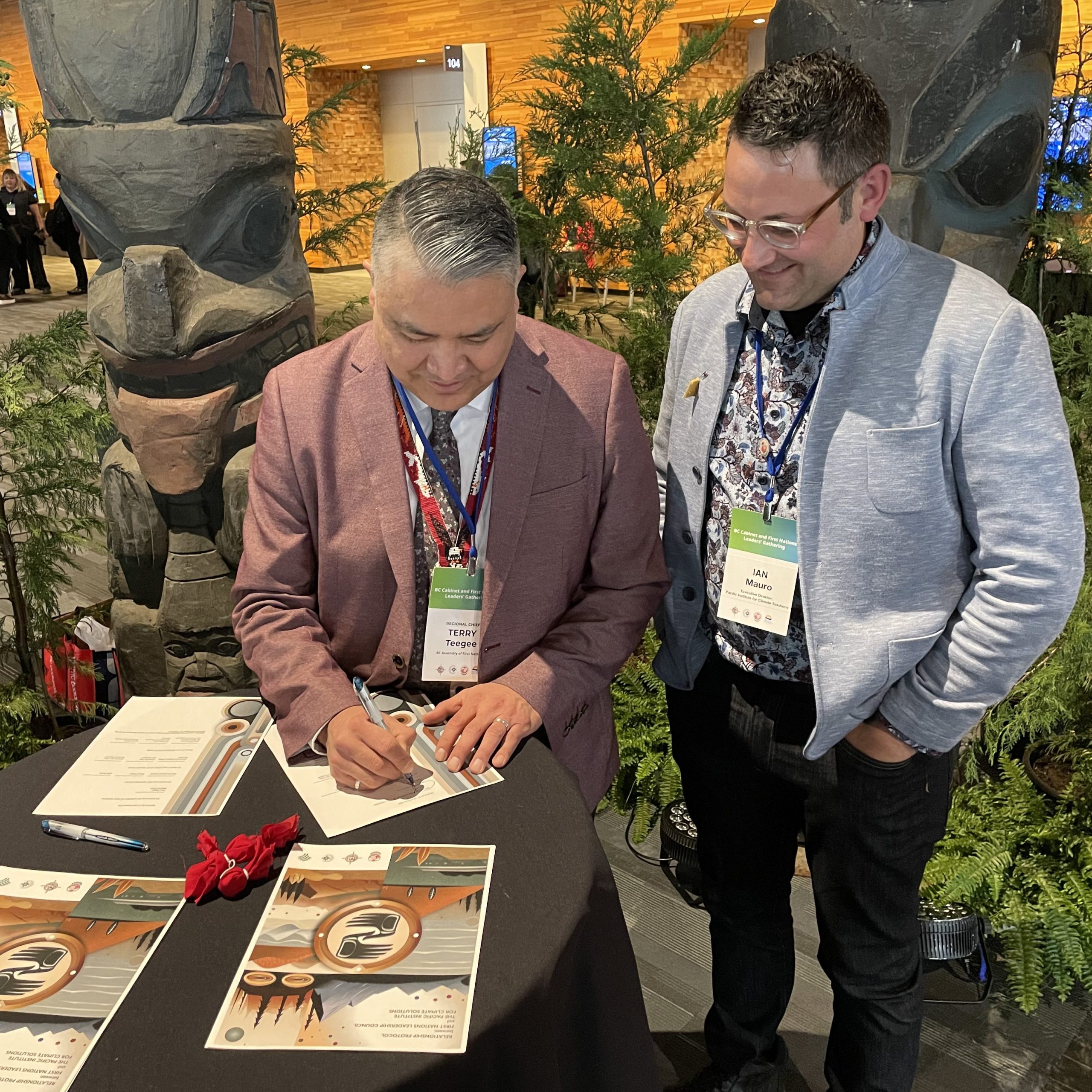
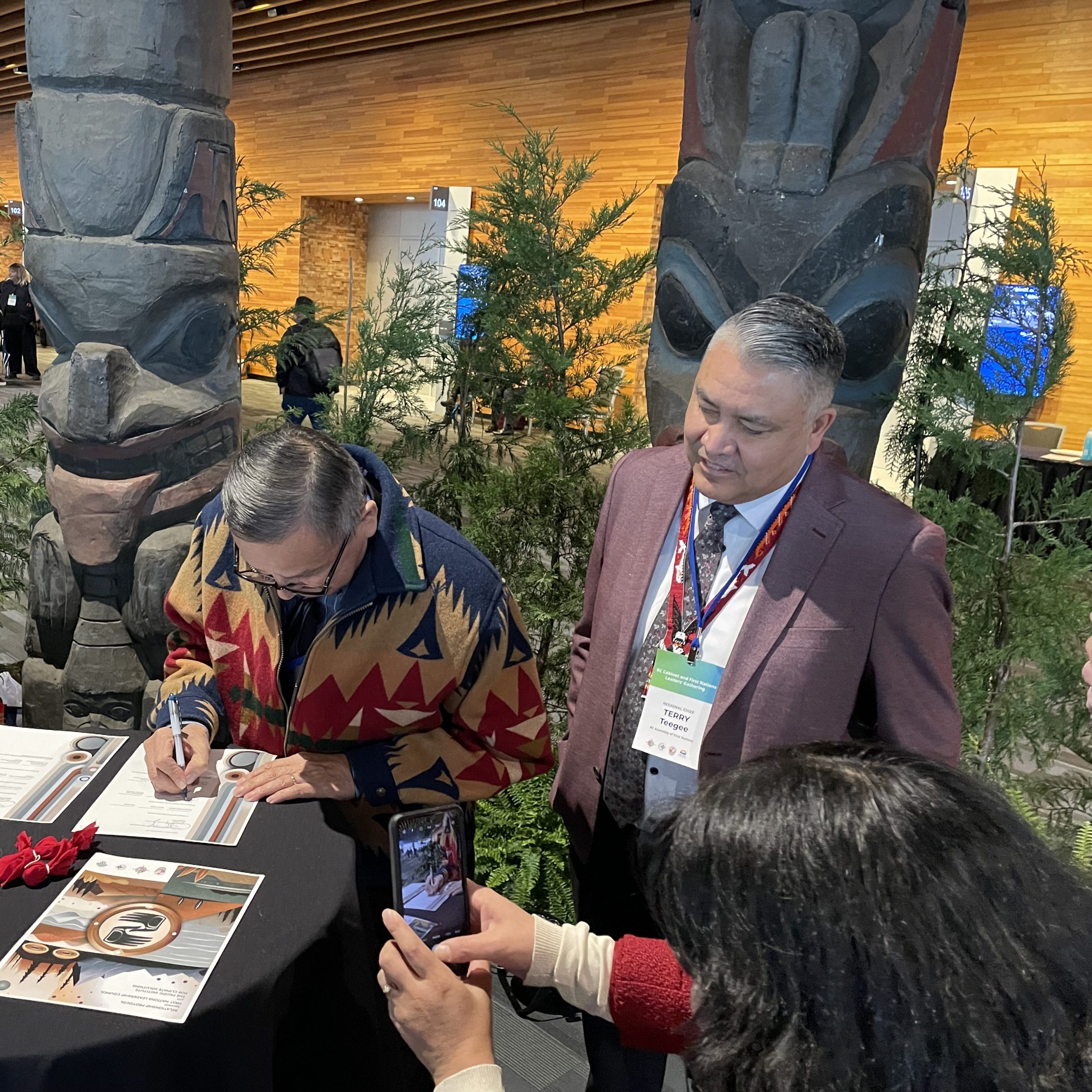
Terry Teegee.
“We have to elevate our thinking. We are well on our way to a climate crisis. Each and every year is regarded as the hottest only to be eclipsed the next year. We have to think beyond what the needs are for this coming year, we are responsible for the well-being of our families and grandchildren. I am excited for the opportunity to partner with PICS to ensure First Nations knowledge and innovation can be spotlighted in research. We have an emotional relationship to our lands and waters, it will trigger great discussions.”
– Grand Chief Stewart Phillip, Union of BC Indian Chiefs
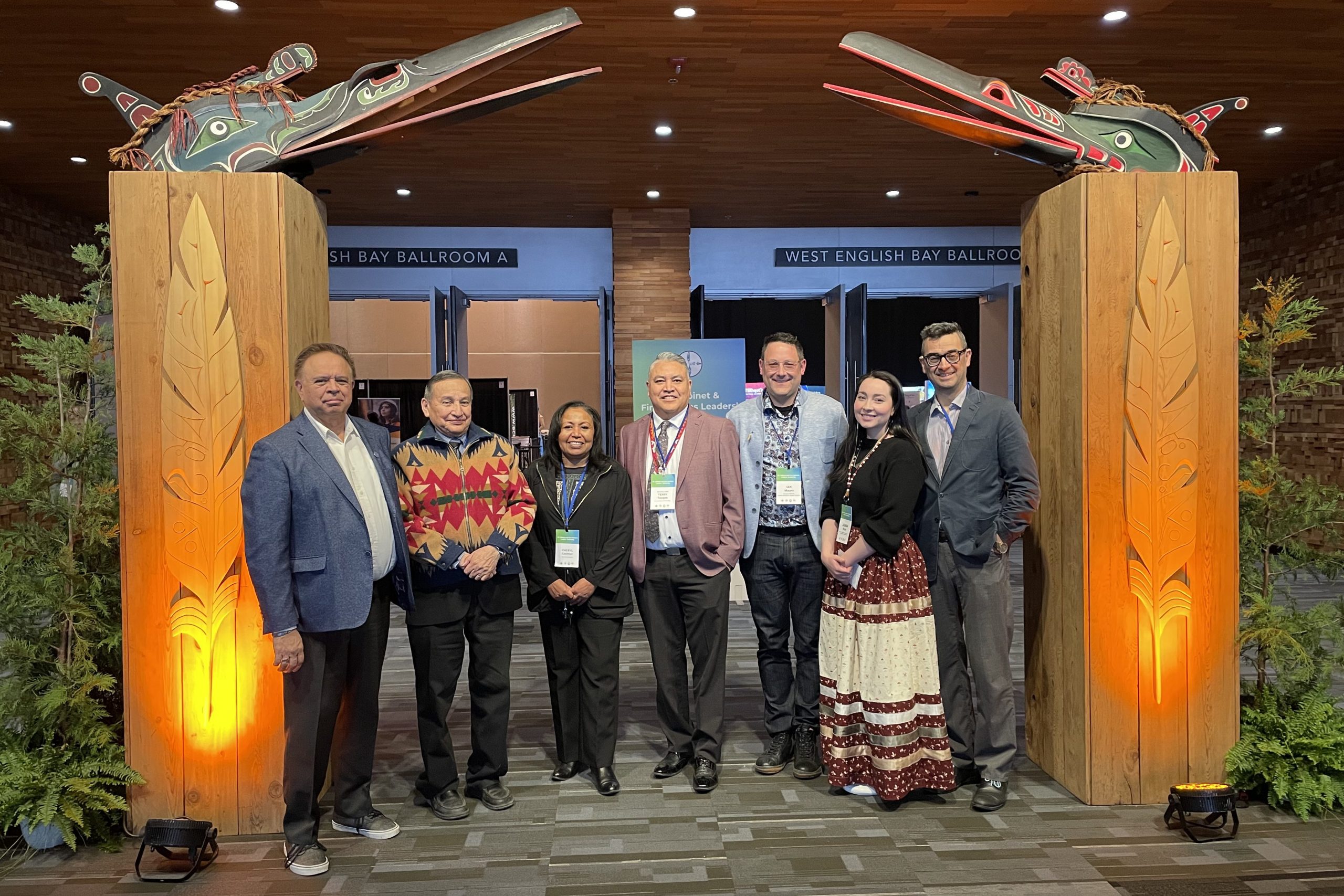
“First Nations have deep wisdom, rich lived experience, and a long history of environmental stewardship and climate action. PICS is honoured to support First Nations climate leadership and contribute to respectful, reciprocal, and relationship-based collaborations that weaves First Nations’ and Westerns knowledges to implement climate solutions. The Relationship Protocol creates a meaningful foundation for academic and community partnerships that benefit First Nations and their lands and waters.”
– Dr. Ian Mauro, Executive Director, Pacific Institute for Climate Solutions

takes the pen.

at the signing.
“This Relationship Protocol sets a new standard for how research relationships can and should be structured by, with, and for First Nations organizations and communities. It will help inspire a new generation of climate researchers to work in deep partnership with First Nations to collaboratively increase capacity, knowledge, and applied climate solutions that benefit communities. The Protocol demonstrates how universities can give back to the First Nations on whose unceded territories our institutions stand.”
– Qwul’sih’yah’maht, Dr. Robina Thomas, Vice-President Indigenous, University of Victoria
About the First Nations Leadership Council:
- The First Nations Leadership Council is comprised of the political executives of the BC Assembly of First Nations (BCAFN), First Nations Summit (FNS), and the Union of British Columbia Indian Chiefs (UBCIC).
- The FNLC is a collaborative political working partnership among the three organizations, with the aim of advancing the interests of Nations in British Columbia.
- The mandate and work of the FNLC is collectively directed by Nations’ governments through resolutions of the three political organizations.
